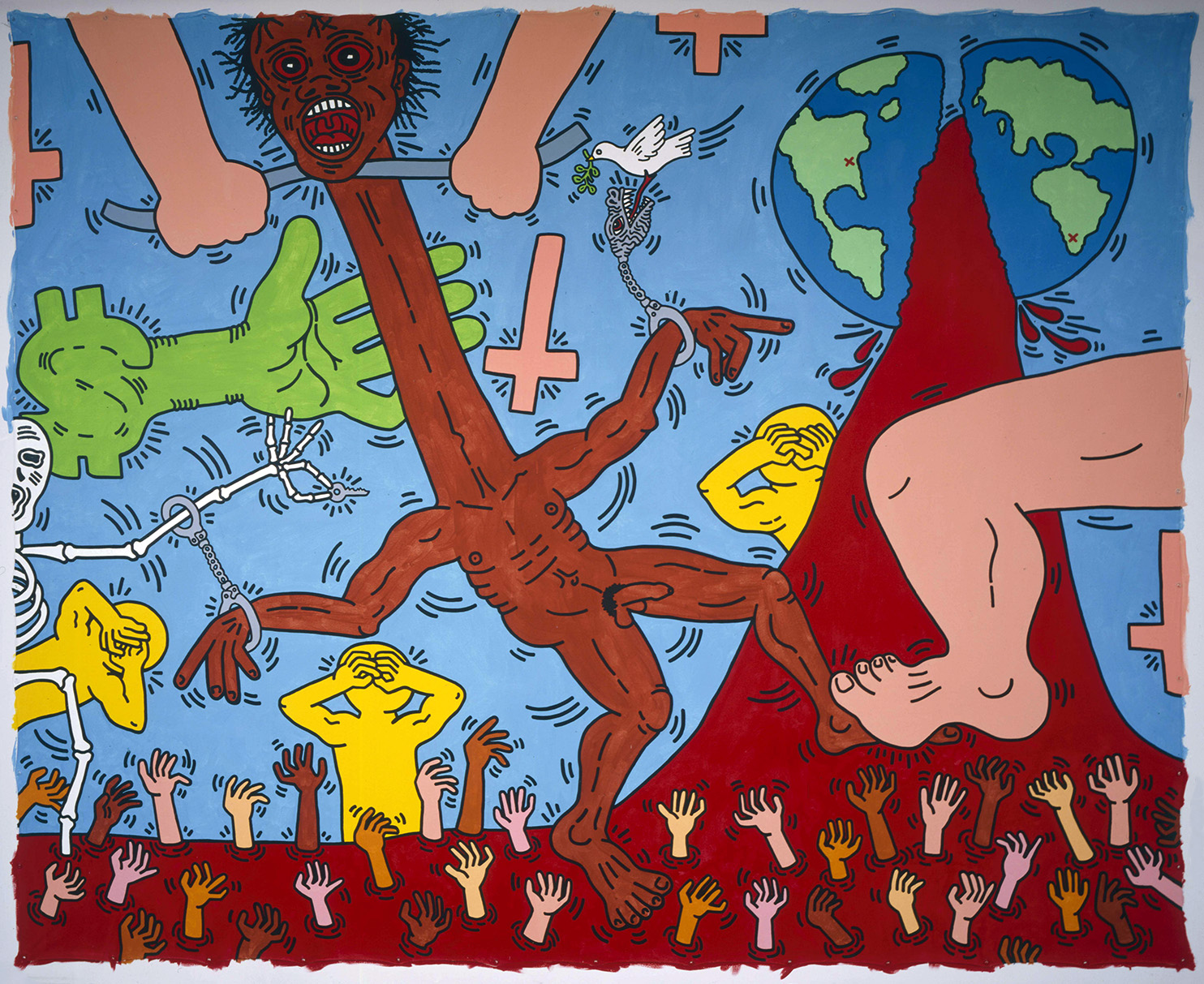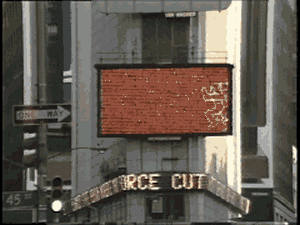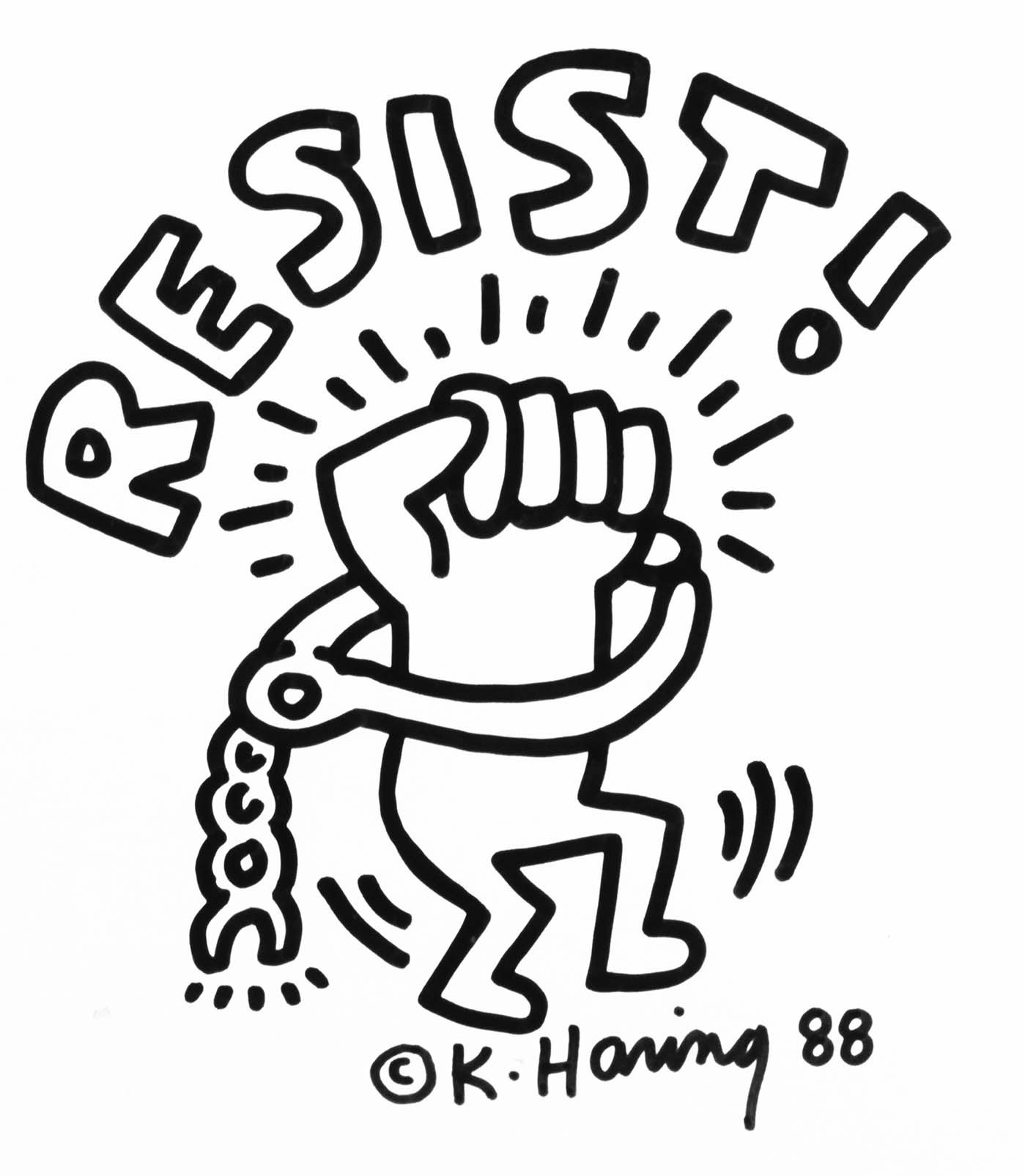
On September 28, 1983 Michael Jerome Stewart, a young Black artist, died after spending 13 days in a coma as a result of a brutal arrest for writing graffiti in New York City. Only 25 years old, Michael Stewart was student at Pratt Institute in Brooklyn, and well-regarded in the NYC arts scene. Numerous artists and musicians made work in response to his horrific death in an effort to draw attention to the systemic and institutional racism endemic in our society.
Over the past week, we have witnessed a deepening of our national trauma. The unconscionable deaths of George Floyd, Breonna Taylor, Ahmaud Arbery, Sean Reed, Tony McDade, and too many others, continue and amplify a long history of racism, injustice, inequality, and violence. They come at a moment when the global pandemic is having a disproportionately devastating impact on Black and brown communities.
There are many ways to express grief and outrage in response to these injustices, making art and participating in peaceful protests can serve as powerful methods. Confronting and taking action against systemic racial and economic injustice is the right thing to do; do it safely, and know your rights.
Visit Indivisible to learn how you can take action in defense of Black lives.
Following is information from the ACLU about your right to protest:
- The right to protest is a fundamental human right guaranteed by the U.S. Constitution and the First Amendment.
- If you get stopped, ask if you are free to go. If the police say yes, calmly walk away.
- You have the right to record. The right to protest includes the right to record, including recording police doing their jobs.
- The police can order people to stop interfering with legitimate police operations, but video recording from a safe distance is not interfering.
- If you get stopped, police cannot take or confiscate any videos or photos without a warrant.
- If you are videotaping, keep in mind in some states, the audio is treated differently than the images. But images and video images are always fully protected by the First Amendment.
- The police’s main job in a protest is to protect your right to protest and to de-escalate any threat of violence.
- If you get arrested, don’t say anything. Ask for a lawyer immediately. Do not sign anything and do not agree to anything without an attorney present.
- If you get arrested, demand your right to a local phone call. If you call a lawyer for legal advice, law enforcement is not allowed to listen.
- Police cannot delete data from your device under any circumstances.
Learn more about your constitutional and civil rights from the ACLU.

